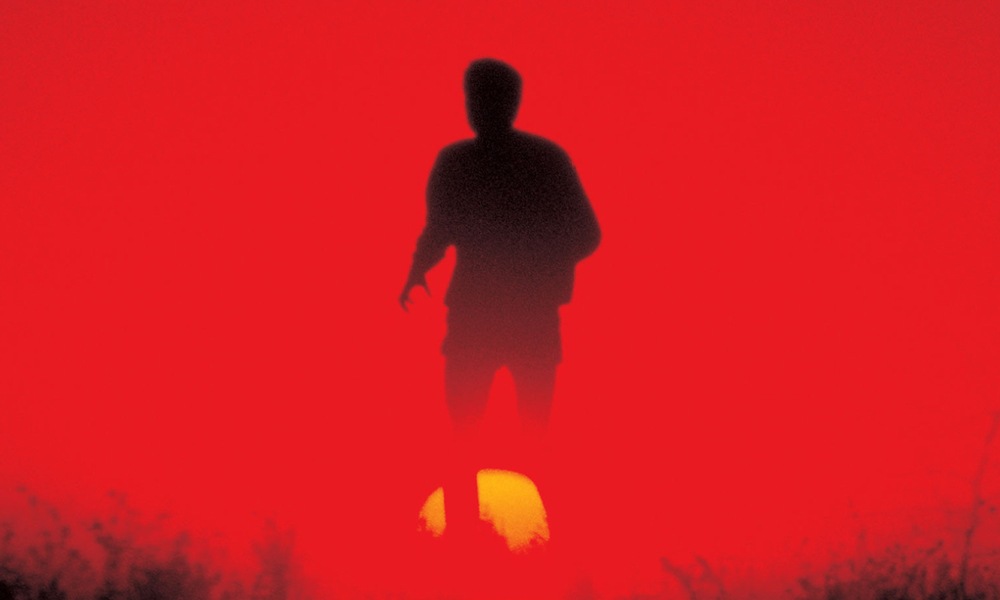Staying with the tomes can be intimidating. There are decades of backlogs people insist you need to read, with hundreds of new books being added every year. Add on the fact that they can get expensive pretty quickly, and it’s easier to just pull out of reading entirely instead of trying to keep up with every modern trend and writer. That’s why we took it upon ourselves to put together a concise list of book recommendations from the last decade.
We’re dealing with 2006 to 2016 here, so there are some great books from the aughts that didn’t make the list. But that wasn’t a huge limit on options and there’s a lot to be excited about.
For the picks, we used the Best Books of the Decade from Goodreads, 2000 through 2009 and 2010 through 2019 as they were at the time of writing, and our picks hovered around 4 stars, give or take a decimal point or two.
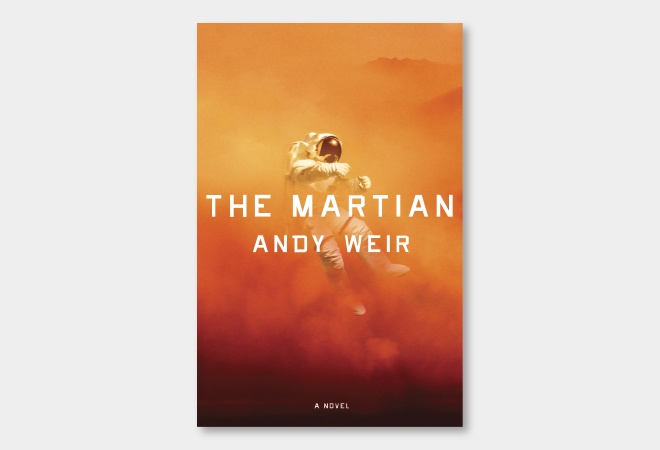
The Martian
Andy Weir
It’s been a really long time since people have been on the moon. The last guy to hop around up there was Eugene Cernan (they made a documentary about him) and that was back in 1972. It’s about time we started thinking about getting back out into space. Helping reignite mankind’s passion for leaving Earth is Andy Weir’s The Martian, a story about a man trapped on Mars after he’s cut off from his team during a sandstorm. The book gets enough science right that people aren’t going to be storming it like Frankenstein’s castle, but it bends enough rules that the story isn’t ten pages long and ends with “and then Watney died, because obviously.” It’s a great mix of science and entertainment, like if XKCD was a full length book. Although, if you’re looking for that, it also exists. Buy
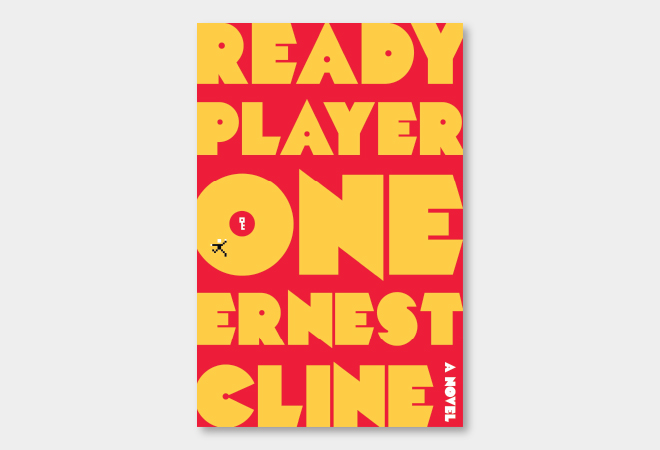
Ready Player One
Ernest Cline
The video game fan base desperately needs to sort its shit out, because it’s getting a ton of bad press. It’s a shame, because there’s a ton of good stuff out there, often with unexpected benefits. Ready Player One is a perfect example of something good coming from video games. It’s a mix of all the gaming, pop, and political culture we love, all in a dystopian society we always seem to be teetering right above. Climate change is front and center when it comes to the reason why the Earth’s a terrible place to live. Couple that with gamers who are willing to kill to achieve money and fame and we have to wonder if Cline is more of a prophet than a storyteller. Hopefully the latter, because we really don’t feel like having VR cage matches determine the legality of things. Buy
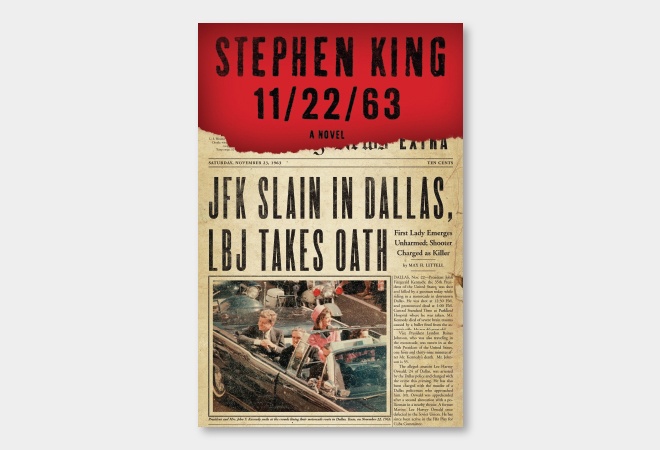
11/22/63
Stephen King
Whether you like him or not, Stephen King’s books always have something unsettling at the center of them. It could be the circumstances surrounding Andy Dufrene’s wife’s murder or that children keep getting eaten. Whatever it is, there’s something out of the ordinary at the center of his stories. 11/22/63 is the same. Harry Dunning survived his entire family getting murdered by his dad and a sledgehammer and has taken it upon himself to prevent the Kennedy assassination by using a time portal in his diner’s storeroom. The setup sounds more like the start of an absurdist British novel, but make no mistake, this is Stephen King and King does suspense, not absurdity. Buy
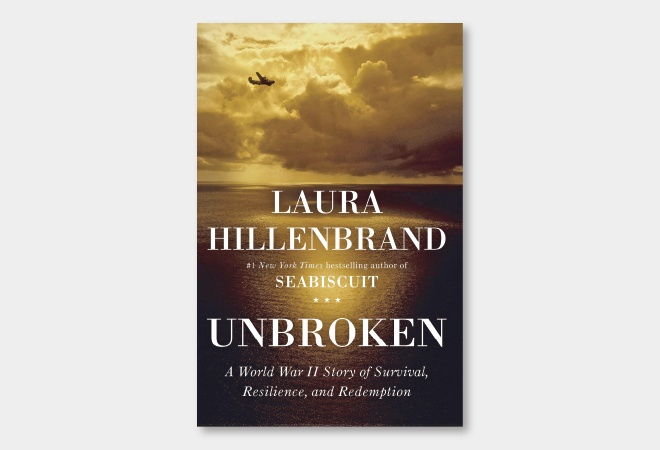
Unbroken
Laura Hillenbrand
Fighting in the Second World War wasn’t a great experience, flying in an Allied bomber was even less so, and ending up in a Japanese prison camp was probably the least enjoyable thing a living person could do as an American in Japanese occupied territory. One of the guys who did all three was Louis Zamperini. Unbroken is Zamperini’s story, starting as a young man who was constantly in trouble, then an athlete training for and competing in the Berlin Olympics, and finally as an American POW in a Japanese labor camp. The book is a great retelling of Zamperini’s experience, faithfully recounting it for modern audiences. It’s ultimately uplifting, more about perseverance than about war crimes, even though the latter shows up fairly frequently. Buy

The Road
Cormac McCarthy
We love The Road. We’ve featured it on lists before and we’re always happy when the opportunity comes up again. Most books about the post-apocalypse have exciting set pieces with warring factions, new mythologies, and big explosions. Cormac McCarthy took a completely different approach and focused on the human cost of the apocalypse, the monotony of existence after the world’s been destroyed, and the complex and compelling relationship between a man and his son. It’s an excellent read, but don’t expect it to be uplifting or happy. Buy
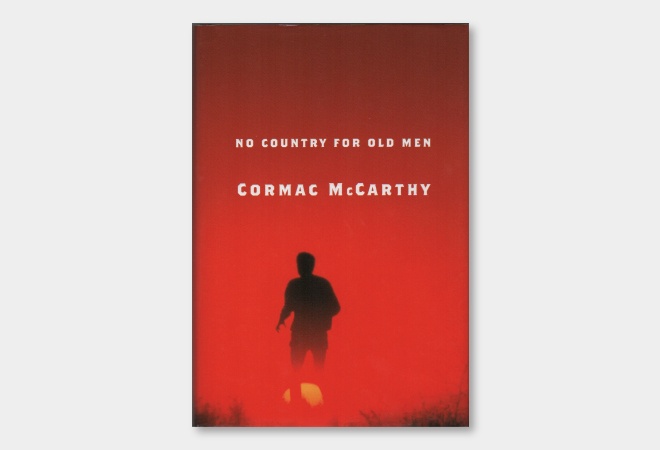
No Country for Old Men
Cormac McCarthy
Let’s stick with McCarthy for a little, because the guy’s almost incapable of writing a bad book. A few years ago he did The Border Trilogy, a collection of three of his novels set near the Texas-Mexico border. Individually, the three were well received, enough to necessitate the release of The Border Trilogy. No Country for Old Men returns to the area to cover the modern drug trade and violence at the border and the toll it all takes on the small towns that dot the southern landscape. Turns out it takes a pretty significant toll, since one of the earliest scenes is a bunch of dead guys around two million dollars and a bunch of heroin. Buy
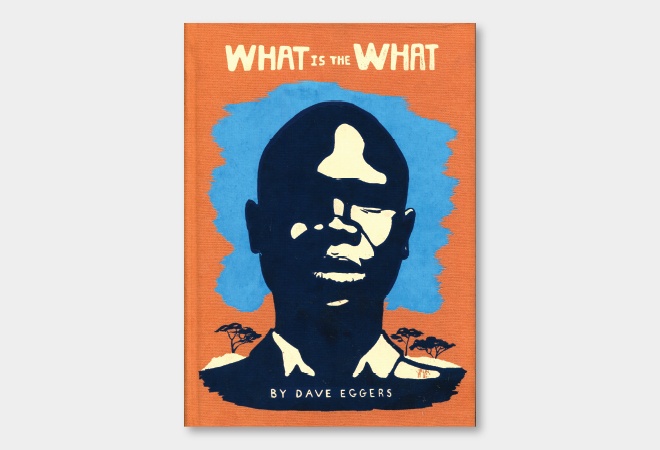
What is the What
David Eggers
It can be difficult to talk about any sort of crisis, mostly because it’s hard to tell where you could even start. Often, fiction serves as a great jumping off point, since fiction is designed to be self-contained stories that get you thinking about bigger things. What is the What serves that purpose for civil war in the Sudan and its ensuing refugee crisis. It follows Valentino Achak Deng through his experience in Sudan, being driven from his home to Ethiopia, moving to Kenya, and finally resettling in the US. Valentino meets just about every type of person it’s possible to meet in Africa if you’re in a situation like his, for better or for worse. There’s a core of optimism in this story though, and it serves Valentino well through his challenges. Buy
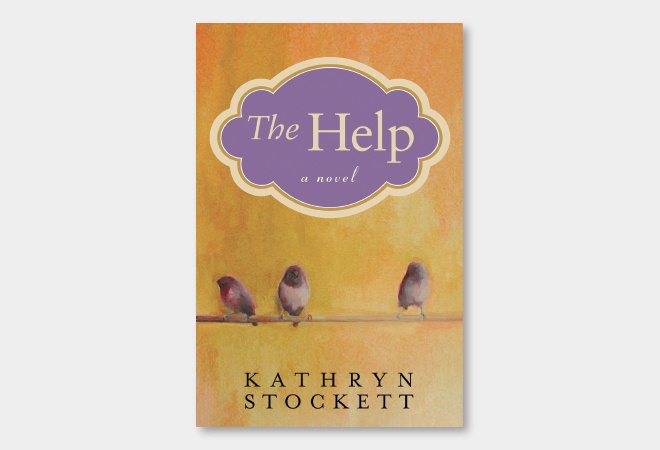
The Help
Kathryn Stockett
This might be one of the few cases of a movie influencing our opinion of a book, but we suspect we like the book because of Emma Stone’s effortless chemistry with her costars, Minny’s (Octavia Butler) constant search for ways to undermine her employers, Aibileen’s (Viola Davis) measured breaks in her reserved personality, and Celia’s (Jessica Chastain) complete ignorance of race. But we also suspect the reason we like all those parts of the movie is because the book created such strong characters in the first place. The three main characters have excellent, distinct voices and have their own unique contributions to the story, and the story itself works because it relies more on similarities than differences when defining the more important characters’ relationships. Buy
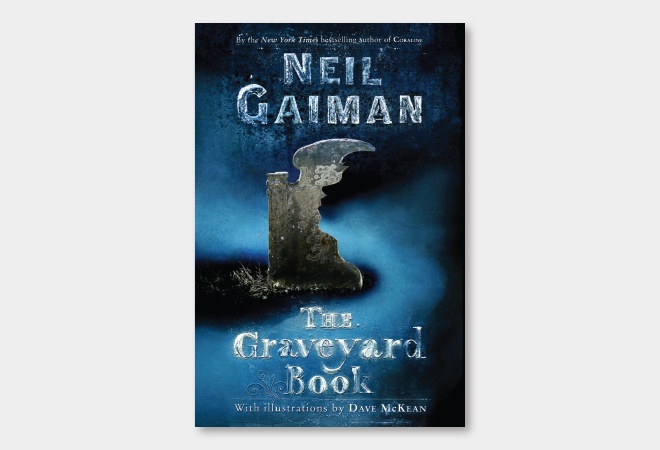
The Graveyard Book
Neil Gaiman
The “Young Adult” classification, depending on who you’re talking to, can be literary poison. The Hunger Games series might be the quintessential YA novels of modern times, but books like them have made some people swear off the whole lot of them, which is a shame because Neil Gaiman writes Young Adult novels sometimes. Gaiman gets a bit of a pass though, because, while the intended audience might be young adults, he’s such a good writer that it doesn’t really matter. The Graveyard Book is one such example. It might be classified YA, but if you actually read any of it, you’ll see pretty quickly just how unfair that classification is. The Graveyard Book is about a young boy being raised in a graveyard after the particularly bloody murder of his family. No “you’re the only special young girl/boy who’s unique enough to save our entire civilization while also ending up with the boy/girl of your (and everyone else’s) dreams.” Only good, Gaiman-fashioned ghost stories. Buy
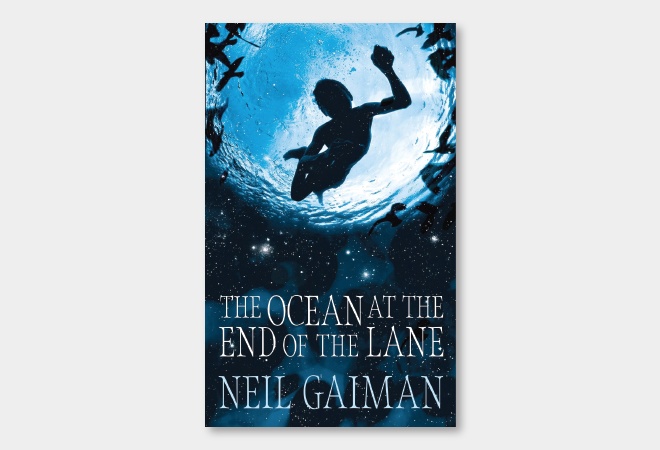
The Ocean at the End of the Line
Neil Gaiman
Another Gaiman here, this one with a little less potential, misguided Young Adult hate on it. The Ocean at the End of the Lane follows a middle-aged man on a return trip to his childhood home for a funeral. While there, he sits by a pond and remembers Lettie, a young girl from his past. She’d promised him long ago that she’d protect him from whatever terror and darkness the man’s dangerous past had in store for him. There’s a healthy measure of the supernatural, as we should expect from Gaiman, seeing as how pretty much every book or short story he’s ever written has had the something otherworldly in it. It’s a wonder how he manages to make the supernatural feel fresh every time, but this one is no different. Buy

1Q84
Haruki Murakami
We’d all be a lot smarter if we listened to cab drivers more often. Not that Uber driver with a scraggly beard, tattered hat, and vague insistence that he’s always known you. We’re talking salt-of-the-earth, how-do-you-smell-like-that yellow cab drivers. They notice shit you’d never pick up on, sort of how you would have sworn a car wouldn’t fit through the space between that SUV and hot dog cart. In 1Q84, Aomame, a young woman living in Tokyo, listens to a taxi driver and starts noticing different inconsistencies around her, like some sort of parallel dimension. There’s also Tengo, a ghostwriter whose assignment leads him to Aomame. In a way, this is Japan’s answer/homage to 1984, being that it’s set in 1984 and follows the unraveling of a bigger societal mystery. Buy
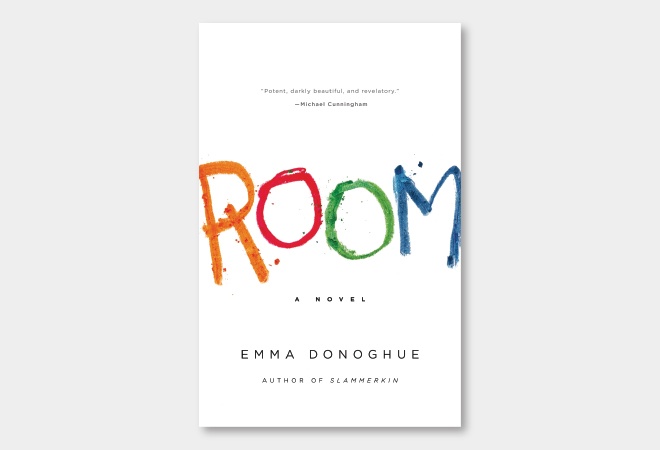
Room
Emma Donoghue
There are a disturbing number of cases of people being confined to single rooms or houses for their entire lives. We’re not sure what that says about humanity, but at the very least, we got a great book out of it. Great in that it’s well-written, not that we supported the subject matter. The whole book is written from the perspective and with the language of five-year-old Jack, who was born and grew up in the room. It’s his entire world, giving him an entirely different impression of it than his very-much-a-prisoner mother. Eventually, his mother begins planning an escape, meaning Jack’s world is about to expand beyond what he could imagine. It’s a great exploration of two characters who are different but don’t oppose each other, which can be a hard line to toe, especially when one of them is a child. Buy
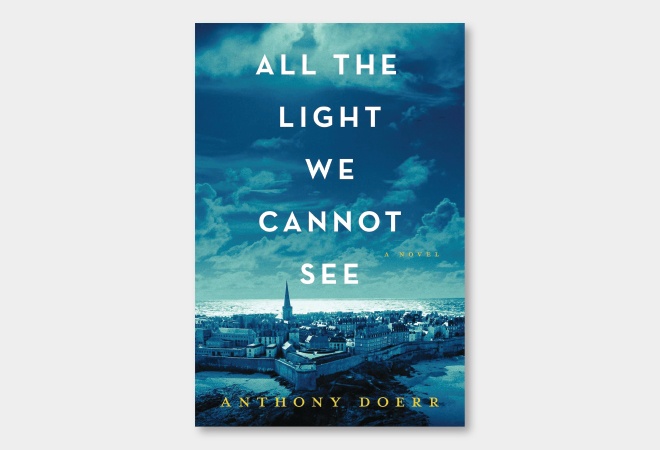
All the Light We Cannot See
Anthony Doerr
The French really got the shaft in World War 2. It’s where their white flag stereotype originates, which isn’t fair since the French are the reason World War 1 wasn’t called “Germany’s picnic in Western Europe.” Their contribution to World War 2 was even more varied, and people are finally talking about it. In the case of All the Light We Cannot See, it’s stopping French culture from falling to the Nazis. Marie-Laure and her father work to keep the Museum of Natural History’s most valuable and dangerous jewel from the German Army. Also, Marie-Laure is blind, so that complicates things. Werner is a tech genius whose job in the German forces is to work to defeat the French Resistance. Eventually their paths meet, and things get more complicated for both of them. Buy
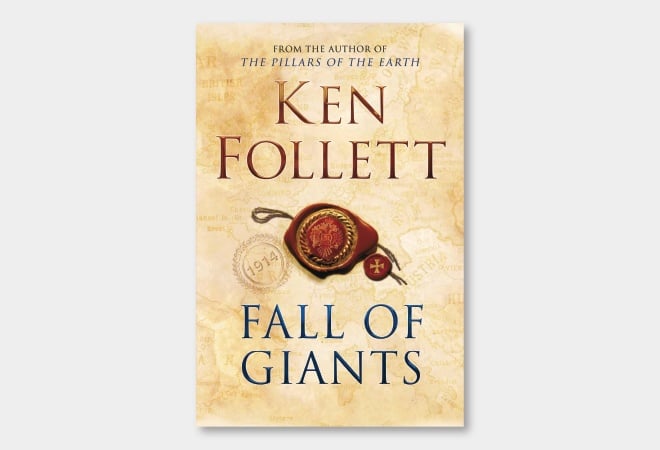
Fall of Giants
Ken Follett
There’s definitely a niche for giant books about widespread, influential families and their decline from power. Thank Faulkner for showing us that. Ken Follett’s Fall of Giants might not be Southern eulogy like much of Faulkner’s work, but his book has most of Europe for setting and scope. Keep a small reference notebook nearby, because this book has five families and its events spread across pretty much everything that happened in Europe at the beginning of the 20th century. You’ll need some help reading this book, but if you decide to, it’s an epic whose scale could rival the Ancient Greeks. Buy
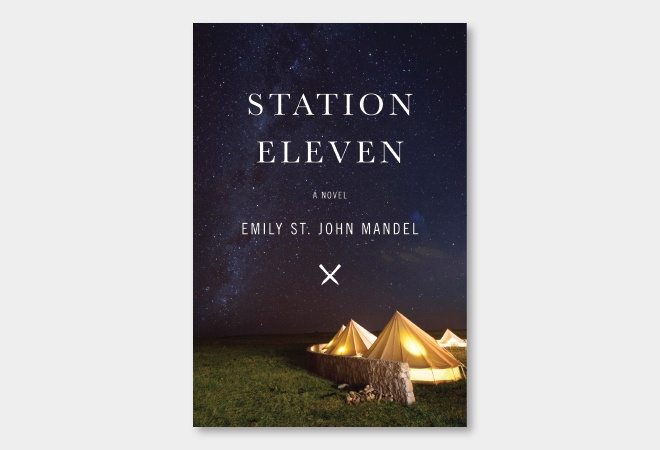
Station Eleven
Emily St. John Mandel
Most stories of the post-apocalypse focus on survival or war or both. We’re not complaining, but it’s nice to get something different. We get that different something in Station Eleven, which follows a group of performing artists before and after a global pandemic. It’s an interesting situation, because artists today have enough trouble making a living from their work, so it’s hard to imagine that it could get worse (or better, depending on your point of view). The story is a fresh look at the importance of art no matter what shape the world’s in. What’s more, you get to see the world before and after the pandemic, which is something a lot of post-apocalyptic stories decide to gloss over. It adds a fullness to the world some similar novels lack. Buy
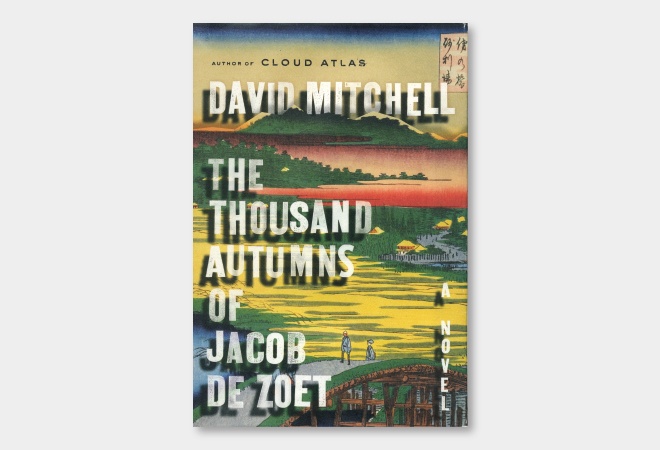
The Thousand Autumns of Jacob de Zoet
David Mitchell
With people all over the world in constant contact, it’s easy to forget how separated the East and West were and how recent that separation actually was. There was little to no contact with China and Japan up until a few short centuries ago, and it’s that isolated Japan that is the setting for The Thousand Autumns of Jacob de Zoet. Jacob is a junior clerk with the Dutch East India Company, sent to a trading post on the island of Dejima to investigate the alleged corruption of the post’s last Chief Resident. As most IA investigations go, Jacob is stonewalled by his coworkers, instead finding support in the form of a local interpreter. Naturally, things get complicated and people get betrayed, which just seems to be how investigations always go. Buy
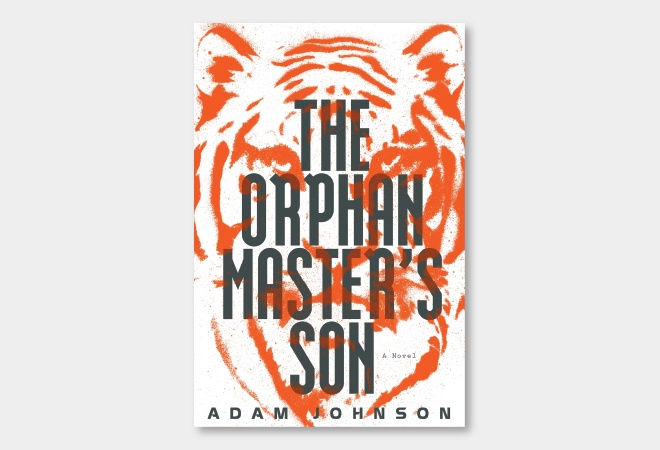
The Orphan Master’s Son
Adam Johnson
Saying we don’t know a whole hell of a lot about what goes on in North Korea feels pretty safe and any glimpse we get into the happenings of the nation is rare. But sometimes they leak through. The Orphan Master’s Son is the story of Pak Jun Do, a North Korean loyalist who becomes a professional kidnapper. Though you might think “professional kidnapper” is a straightforward job, there’s a lot of political nuance and navigation to it, often subject to the inexplicable whims of the North Korean government. The book is a great, albeit fictional, look into the workings of North Korea, based largely around Johnson’s own experiences in the country, as well as interviews with defectors. Buy
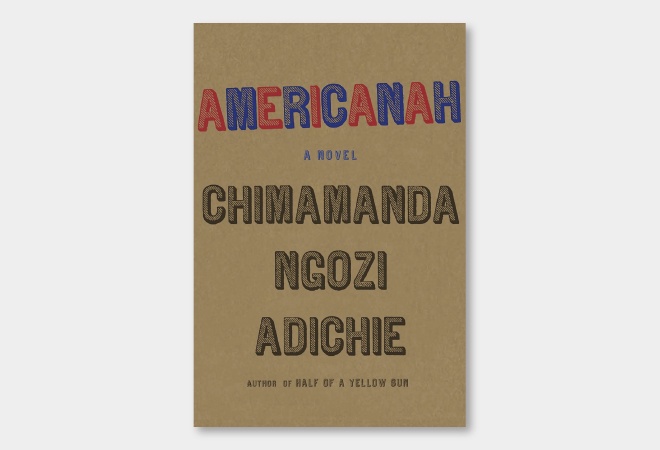
Americanah
Chimamanda Ngozi Adichie
The United States today is probably best understood through the eyes of an outsider, since our own American soul-searching doesn’t seem to be working all that well. Chimamanda Ngozi Adichie is a great resource for outsider viewpoints and she’s not shy about sharing it. Americanah is her most recent novel and focuses on the importance of race in America, post-9/11 anti-immigration sentiment, and the dangers of illegal immigration (although that part’s more about the British than Americans). At the heart of the story is a complicated relationship between two people who started as teenagers in love and were forced to become citizens of the world. This is the kind of book you should read if you’re looking to challenge yourself. Buy
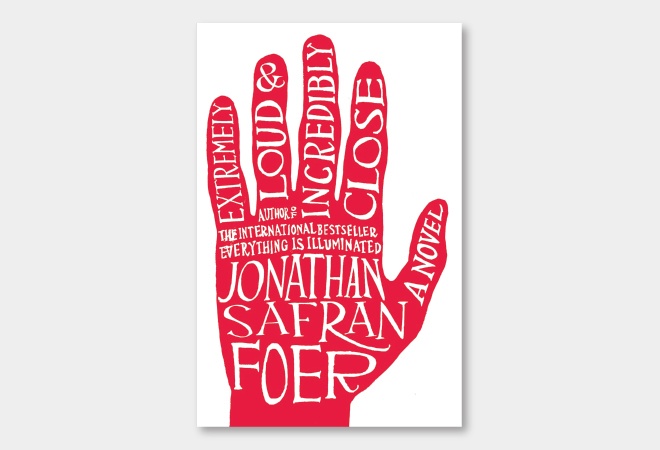
Extremely Loud and Incredibly Close
Jonathan Safran Foer
A lot’s been said about the attacks on September 11th, and we’re not going to have any paradigm shifting realizations about them here. We’re not sociologically educated enough to do something like that. We’d need a doctorate. What we can say, though, is the children of parents killed on September 11th had a lot of shit to deal with, and probably are still dealing with. Jonathan Safran Foer explores that idea with Extremely Loud and Incredibly Close. The main character, Oskar Schell, finds a key in his father’s closet, his father having been killed in the World Trade Center. Oskar then sets about solving the mystery of the key, going on a journey that takes him throughout New York City and deep into 20th century history. Buy
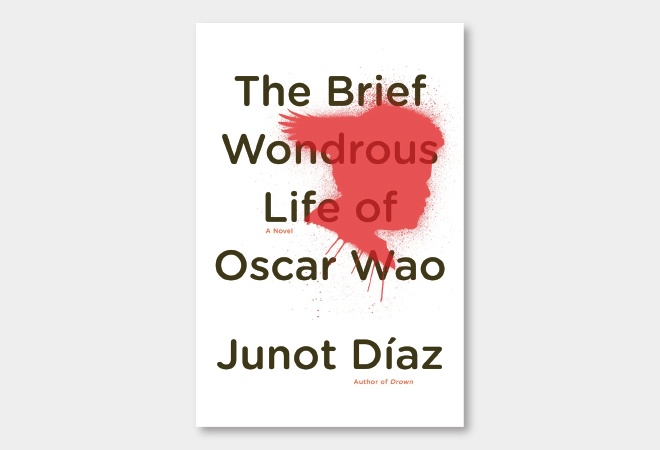
The Brief Wondrous Life of Oscar Wao
Junot Díaz
Cursed children are always endearing, which is a depressing sentence that we don’t mean as harshly as it comes off. Let’s put it this way, Oscar Wao is the most recent descendant of a family that struggles with the fukύ, a curse that condemns his family to all sorts of tragedy. So by endearing, we mean we’re already on his side and want him to succeed. Not that he’s adorable and we want to pinch his little cursed cheeks. This is also a love story, as the most common effect of the curse is the twisting of loving relationships and Oscar is also on a quest to get his first kiss. It’s a humorous, fun, exciting story that follows a relentless young man who wants to do right by his family, while also maybe getting a bit of side action, making him one of the more relatable protagonists. Buy

